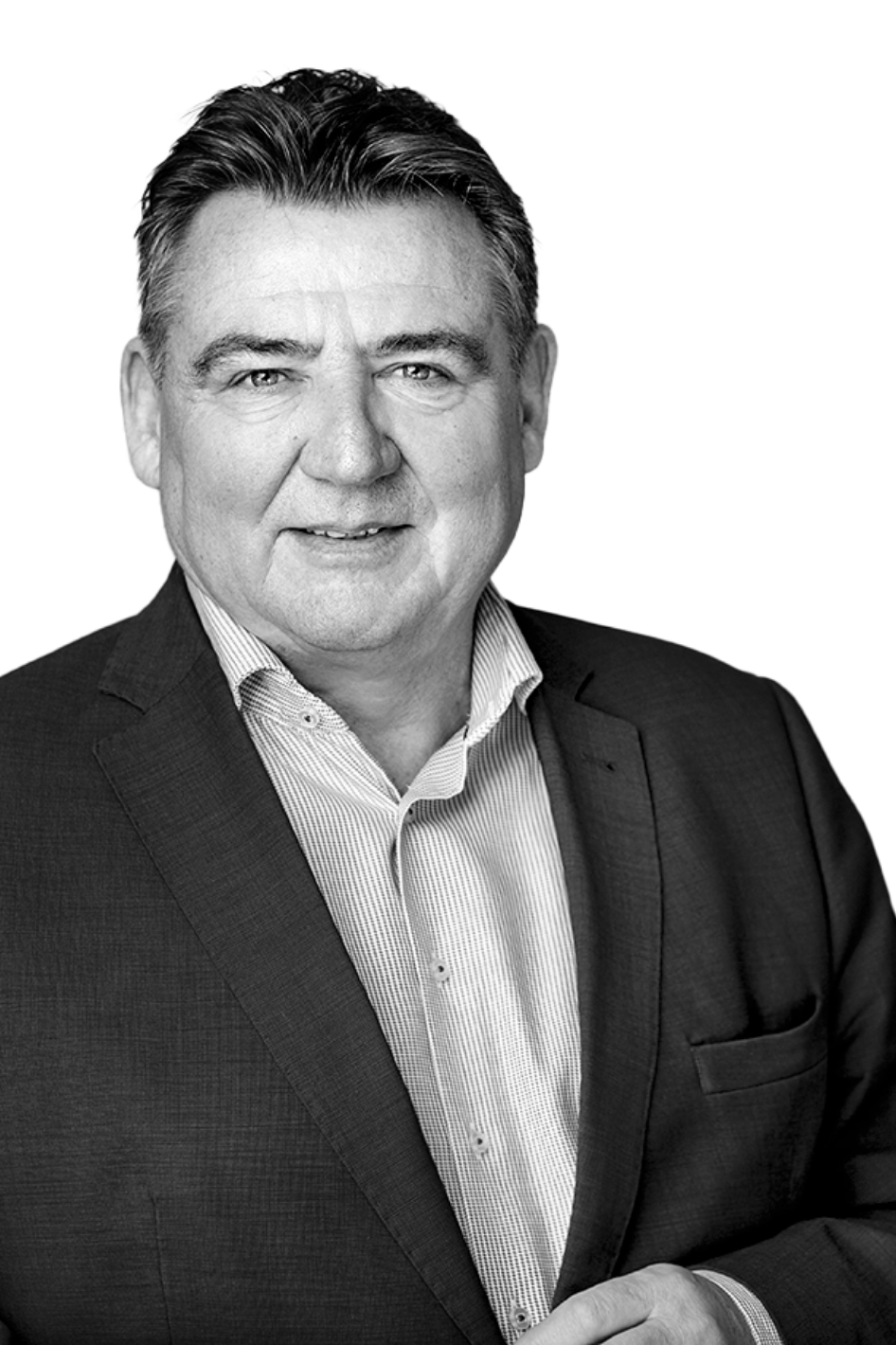
Five questions for Günter Beck
Mainz has become the center of global attention thanks to the success of its biotechnology industry. The city of Mainz intends to seize this positive momentum and further the development of its life science and biotechnology hub. An interview with city mayor Günter Beck.
Photo: City of Mainz
»The unprecedented success we have seen over the past few years drives us to continue developing our vision of an end-to-end life science and biotechnology hub.«